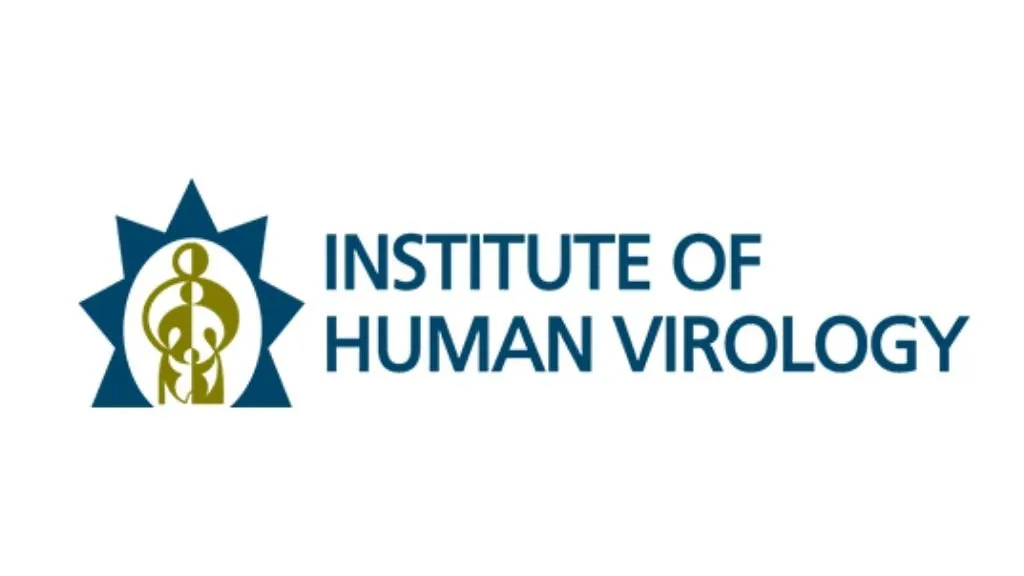By Iyemah David
The Strengthening Global Health Security Agenda in Nigeria (SECURE-Nigeria) project has fortified Nigeria’s public health infrastructure and emergency response capabilities.
The project, a five-year programme, is being implemented by the Institute of Human Virology Nigeria (IHVN) and the U.S. Centre for Disease Control and Prevention (US CDC).
Dr Rita Okonkwo, Project Director of Secure-Nigeria Project, IHVN, made this known on Monday in Abuja, during the project close-out meeting.
The initiative was implemented to close priority gaps identified in Nigeria’s Joint External Evaluation (JEE) and to strengthen national capacity to meet the International Health Regulations (IHR 2005).
Working with the Nigeria Centre for Disease Control (NCDC), the National Primary Health Care Development Agency (NPHCDA), state ministries of health, and partners, SECURE-Nigeria deployed interventions to improve surveillance, laboratory systems, data use, infection prevention, and outbreak response.
Okonkwo, said that a major achievement of the project is the Data Analytical and Visualisation Tool (DAVT), launched in 2023.
“The tool automatically generates weekly epidemiological reports, outbreak indicators, and multi-source data triangulation from SORMAS and other platforms.
“To strengthen data feeding into DAVT, IHVN established a national Surveillance Data Quality Management (SDQM) system. It supports routine data reviews, accountability, and continuous improvement at NCDC and across supported states,” she said.
She said that SECURE-Nigeria also enhanced epidemic intelligence through the Acute Febrile Illness Sentinel Surveillance (AFISS) system and the Pan-Respiratory Disease Surveillance (PRDS) platform.
“AFISS, implemented in six sentinel states, provided laboratory-confirmed insights on nine febrile pathogens,” she said.
Dr Sohia Oluwakemi Osawe, a Senior Manager at the International Research Centre of Excellence (IRCE), IHVN, said that the system contributed to the early detection of Mpox in 2022 and to increased dengue virus activity in 2025.
Dr Osawe said that the project expanded polymerase chain reaction (PCR)-based diagnostic capacity for 11 priority diseases in seven national and sub-national laboratories, enabling faster outbreak confirmation.
“Other achievements include strengthened COVID-19 vaccine safety monitoring, expanded infection prevention and control capacity, genomic sequencing for SARS-CoV-2, enhanced bio-banking, and large-scale serological surveillance using multiplex bead assay technology,” she said.
She said that workforce development was also a major focus, with e-learning curricula, advanced epidemiological analytics training, and continuous mentoring for outbreak data analysis teams at the national and state levels.
Speaking at the dissemination meeting, Dr Jide Idris, NCDC Director-General, praised SECURE-Nigeria for enhancing Nigeria’s disease surveillance and outbreak response capacities.
“Data quality is the cornerstone of effective public health action. At both national and subnational levels, we have strengthened our workforce’s capacity to collect, analyse, and interpret data for timely response,” Idris said.
Dr Farah Husain, Programme Director at the US CDC, commended Nigeria’s progress, citing improved data systems, laboratories, and workforce skills.
“We have collectively built and strengthened the data analytics skills of our public health workforce, sometimes quite literally experimenting side-by-side in laboratories. These contributions continue to strengthen Nigeria’s preparedness,” Husain said.
Executive Director of IRCE at IHVN, Professor Alash’le Abimiku highlighted the institute’s role in advancing research, strengthening laboratories, and building public health workforce skills.
“It is a distinct honour to have Idris, Director-General of NCDC, with us today. We are delighted to have him fully engaged in the discussions and presentations,” Abimiku said.
She also acknowledged partners, including Husain and the US CDC team, for their sponsorship and support.
“I must especially appreciate Farah, and the entire US CDC team. Your support has made this conference a reality and underscores the power of collaboration,” she said.
She said that the dissemination meeting provided a platform to review achievements, share lessons learned, and discuss strategies for sustaining strengthened health systems.




